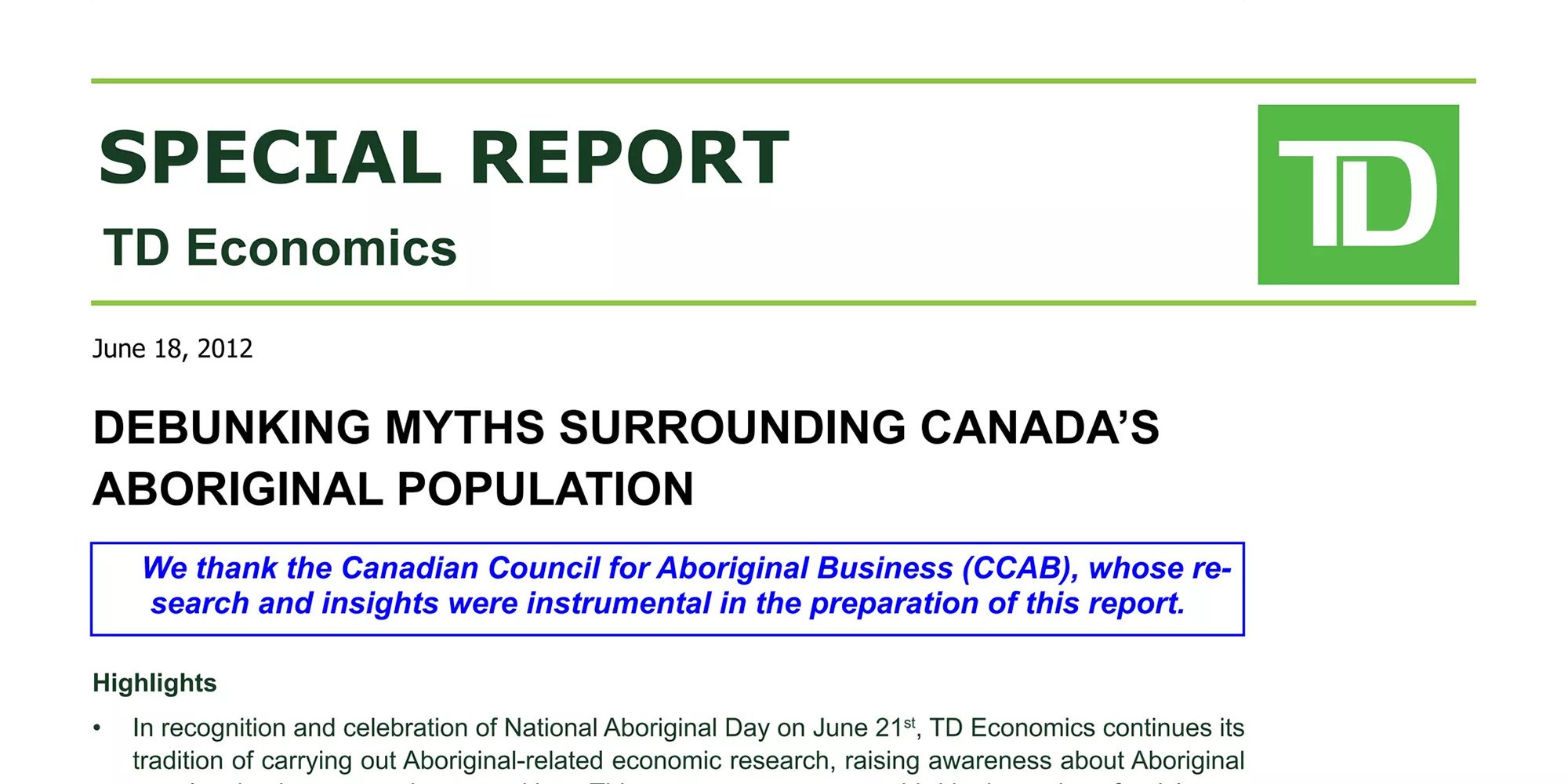Status Indians and Taxes
It’s tax time and that means tax pain, as the television commercials say. Tax time is also the time of year that one hears the common myth that...
2 min read
Bob Joseph March 21, 2017

Carbon tax is a form of pollution tax. It levies a fee on the production, distribution or use of fossil fuels based on how much carbon their combustion emits. The government sets a price per ton on carbon, then translates it into a tax on electricity, natural gas or oil. Because the tax makes using dirty fuels more expensive, it encourages utilities, businesses and individuals to reduce consumption and increase energy efficiency. Carbon tax also makes alternative energy more cost-competitive with cheaper, polluting fuels like coal, natural gas and oil. [1]
In October 2016 Prime Minister Justin Trudeau announced a national carbon-pricing plan that would require every province and territory to have a carbon-pricing system in place by 2018. British Columbia implemented a carbon tax in 2008; Quebec implemented a cap-and-trade carbon market in 2014; Ontario implemented a cap-and-trade carbon tax in early 2017; and, Alberta implemented a carbon tax in early 2017. In this short article, we take a look at Alberta’s carbon tax exemptions and First Nations.
When Alberta launched its carbon tax plan there was a considerable negative response to the tax exemptions available to First Nations (Status Indians). The uncivil comments are not really a surprise as the topic of First Nations and taxes has incurred an enduring myth that all First Nations people are exempt from paying all taxes which is simply untrue.
Here’s an excerpt from Tax and Revenue Administration, Alberta *Indian Tax Exemption (AITE) Program, Information Circular AITE-2R7 that clearly lays out the exemptions:
- “ALBERTA INDIAN TAX EXEMPTION PROGRAM
TAX-EXEMPT PURCHASES MADE BY INDIANS AND INDIAN BANDS
No incorporated entity is eligible for the AITE - Indian owned businesses are not eligible for exemptions
An Indian may buy fuel tax-exempt from a registered retailer located on a reserve or from a registered bulk dealer or propane distributor who delivers the fuel into storage tanks on a reserve. A valid AITE card must be presented at the time of purchase. The fuel must be for the purchaser's personal use and not for resale or for export to another jurisdiction.
An Indian band may buy fuel tax-exempt from a registered retailer located on a reserve or from a registered bulk dealer or propane distributor who delivers the fuel into storage tanks on a reserve. A valid AITE card must be presented at the time of purchase.
Fuel purchased by an Indian band must be for use in band-owned vehicles and equipment and not for resale or export to another jurisdiction. Fuel purchased tax-exempt cannot be used by incorporated businesses, even if an Indian or an Indian band owns the corporation. [2]
- The exemptions do not apply to status Indians living off-reserve.
- The exemptions do not apply to Métis, Inuit, non-Status Indians.
First Nations and their perceived advantages have been a longstanding hot button for some people. We hope that by providing factual information these myths and misconceptions will eventually disappear.
PLEASE NOTE: Although we talk about taxes in this article, we are not tax experts or even accountants, and if you do have specific questions about Indian taxation you should find a qualified accountant who is familiar with Indian taxation. I also recommend you contact the Canada Revenue Agency for specific questions about taxation.
*We use the term "Indian" in this article because that is the legal meaning of the federal Indian Act.
[1] How Stuff Works Science
[2] Tax and Revenue Administration, Alberta Indian Tax Exemption Program, Information Circular AITE-2R7
Featured photo: Pexels

It’s tax time and that means tax pain, as the television commercials say. Tax time is also the time of year that one hears the common myth that...

In my workshops, I frequently hear statements about unfair advantages and benefits that are available to Aboriginal People in Canada but not to...

Debunking Myths Surrounding Canada's Aboriginal Population was released by TD Economics on June 18, 2012. In the Special Report by TD Economics, the...